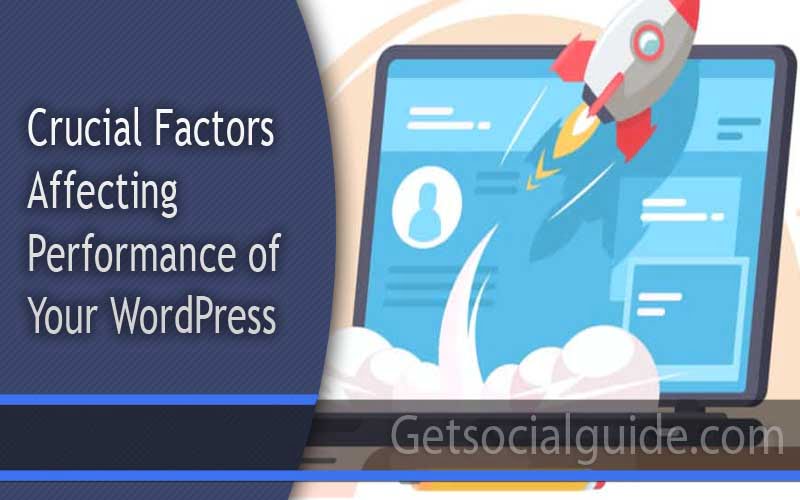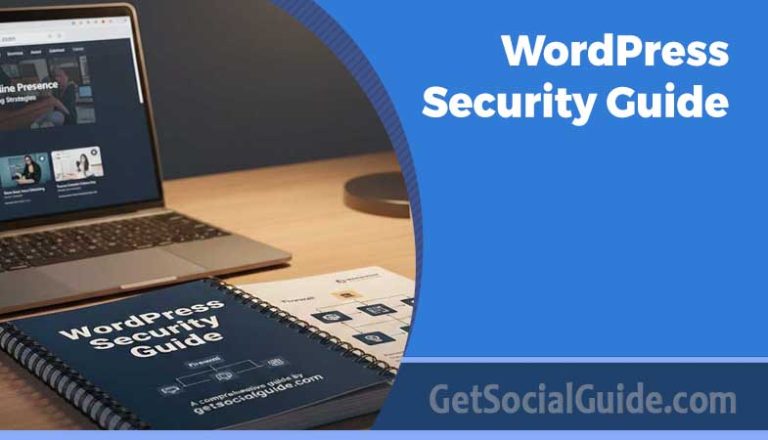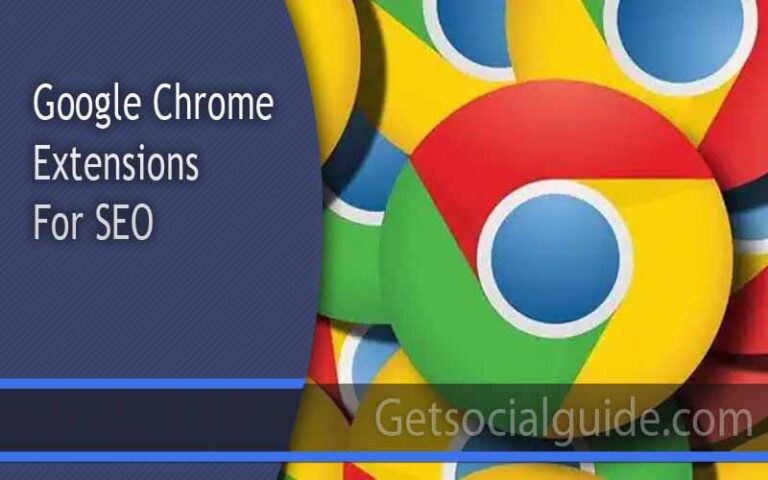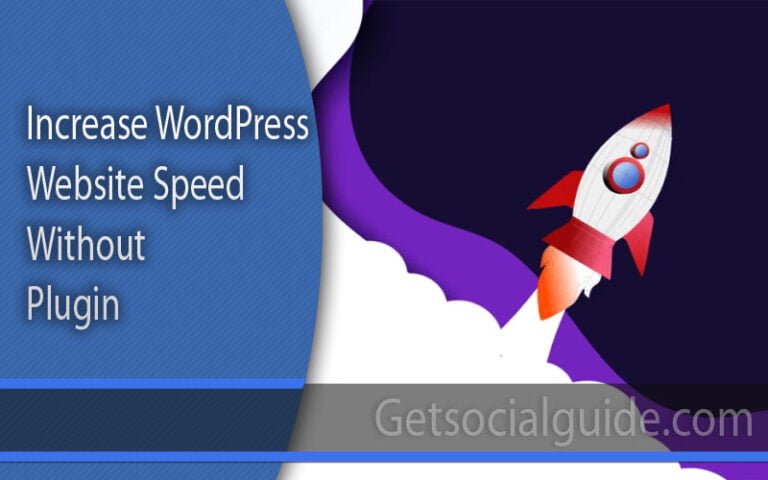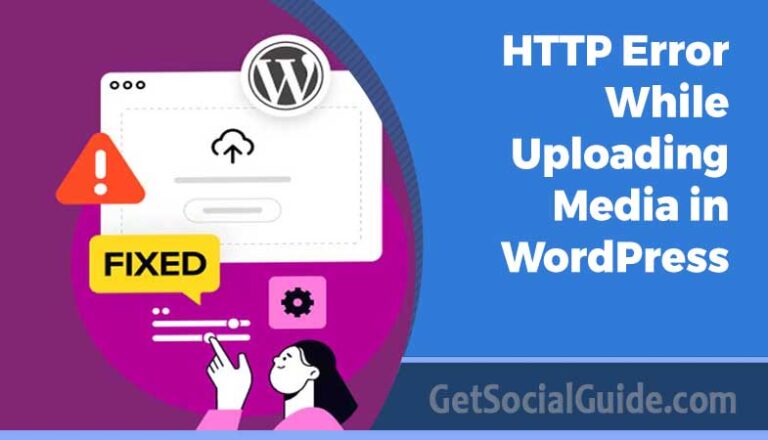8 Crucial Factors Affecting the Performance of Your WordPress Website
According to Google, 53% abandon a site if it takes more than three seconds to load, which can hurt your conversions and ROI in the long run.
Although load speed isn’t a big deal for you as a site owner, it can frustrate users so much that you risk losing them permanently.
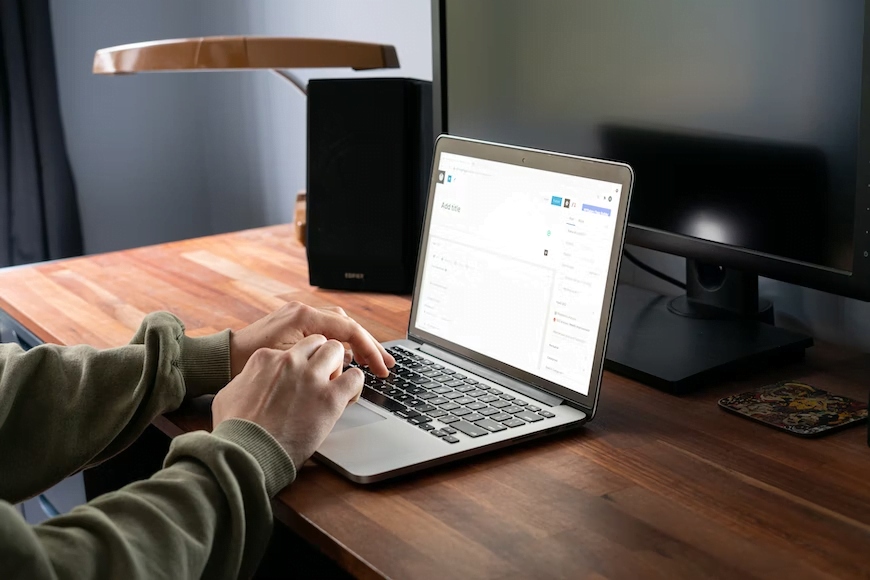
Photo by Justin Morgan on Unsplash
To boost your site performance, you need to know what’s slowing your site down and how to optimize it.
Loading Speed Can Make or Break Your Site
When you start your own ecommerce website, your site’s loading time isn’t just a matter of preference- it can also significantly impact your site’s success.
The longer your site loads, the more your bounce rates will increase. High bounce rates tell search engines that users don’t find your content useful, which causes your rankings to slip. In the long run, your ecommerce site is bound to lose customers if your checkout is a little bit slower than your competition.
That’s why site speed is crucial. In this post, we’ve explained why. We’ll also identify some of the usual factors that will eventually contribute to having a slow site and some handy tips on how you can speed it up:
1. Poor choice of web hosting service
The website provider that you pick has a massive impact on your site’s performance. The plan that you choose is also vital. For instance, many small business owners opt for a shared hosting plan, a server hosting multiple sites.
This is alright if you’re expecting less than 1,000 visitors daily, and a cost-effective option as well. However, if you’re a thriving business that generates a large amount of traffic or your site requires a large number of data to stream videos, then shared hosting isn’t going to cut it.
That’s because shared hosting has limited bandwidth and RAM that can hurt your site in the long run. This also causes visitors to have a poor experience with your site.
2. Bad coding standards
Newbie web developers can write large code blocks causing minor functionalities. Thus, these code blocks and poorly formatted code lead to a slow-loading site.
Make sure to always work with an expert developer who can come up with concise and compelling code for your website. Moreover, ensure that the theme of your site is well-coded as well.
3. Right choice of theme
It’s also essential that you choose a reliable WordPress theme. Usually, a theme with plenty of elements affects your web server speed. Opting for a theme with too many dynamic inbuilt features slows down your site in the long run.
So, be selective with the WordPress theme with limited elements and icons. Choose a simple and lightweight theme instead.
4. Uploading large-sized images and videos
While images and visuals will make visitors focus on your content, they can also significantly slow down your page loading time because of their large size.
One mistake WordPress users make is to upload images directly on the site from their phone or camera. So, before uploading your images to the WordPress media library, you must compress them beforehand using an image compressor or photo editing software. This reduces the size of your image up to five times and optimizes your site’s loading time.
Moreover, refrain from uploading videos on your site, as these can kill your performance. Instead of uploading, you should embed the video on your site after uploading them to platforms like YouTube or any other site.
5. Excessive and unoptimized use of plug-ins
Too many plug-ins can also affect your site’s performance. It’s not about how many plug-ins you have but about clean code, compatibility, and the right configurations.
For instance, not switching off unused modules of the plug-ins that have them is a common mistake. Moreover, with many of them activated, it also means many JavaScript libraries are being loaded, slowing down your site.
Moreover, the plug-ins you use should be fast, and unused ones must be removed. You also need to focus on the settings of these plug-ins. For unused modules, switch them off. Use the most optimized configurations, and make sure your plug-ins don’t duplicate one another.
6. 301 Redirects
Although 301 redirecting is a workable solution, if you’ve permanently moved a page to a new URL or changed the domain name, they can create additional round trip times. As a result, the initial HTML document requires more time to load, leading to a slow site speed.
To fix this problem, make sure that you reduce the number of 301 redirects. Moreover, analyze the number of redirects your site uses and ensure that you eliminate any unnecessary ones.
7. Get a Caching Plugin
Your site pages are dynamic, built on the fly whenever someone visits your site. Thus, your pages won’t load as quickly as expected whenever you get traffic.
Therefore, you must install a caching plug-in on your WordPress site. It copies the web page when loaded for the first time and gives the cached version of that page to users. A caching plug-in can boost your site speed up to five times.
8. Hotlinking
If you’re not aware, hotlinking displays an image hosted on a different server and not directly uploaded to the image gallery of your site.
With hotlinking, users will copy the URL of the image and then paste it on your site. The problem with this is that it exhausts the bandwidth of the site hosting the image.
You’ll quickly consume your bandwidth limit if this happens to your site. Many site owners utilize the .htaccess file to prevent hotlinking to their sites.
Over to You
So there you have it. Keep in mind that every second counts regarding your site loading speed. By reducing the loading time of your site, you can enhance users’ experience.
So, make sure that you’re aware of these factors and consider the following tips to optimize your site in the long run. Good luck!
